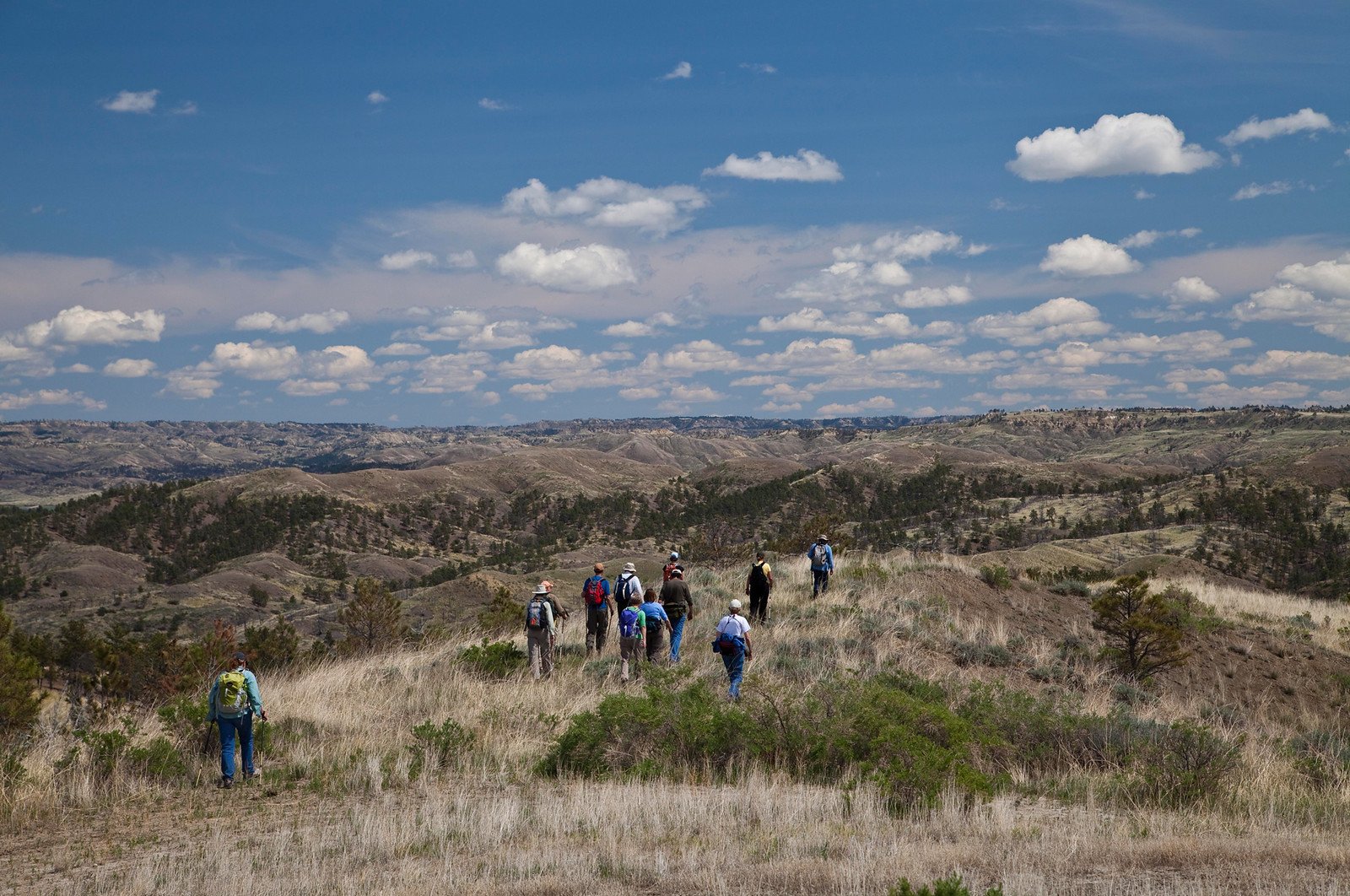Environmental groups such as the International Union for the Conservation of Nature (IUCN) recently released a statement that anytime they use the words “flora and fauna,” the word “fungi” will be added to them, acknowledging that the “Third F” is necessary to life on earth.
This was a result of advocacy from the Fungi Foundation, and together with the IUCN, and the Species Survival Commission (SSC), they have called on new actions to be taken to ensure fungi receive adequate protection as the third biological kingdom.
In July the Ministry of Environment of Chile issued a declaration as part of the 3F Initiative which called on their peers the world over to include fungi in all conservation legislation.
“We call on state leaders, civil society, scientists, and citizens of the world to embrace them, and create protections for fungi under international, regional and domestic law and policy, both to state the equal significance of fungi among the kingdoms of life and to help address the threats that jeopardize the ability of many fungal species to thrive and survive,” the declaration states.
Co-written by the Founder of the Fungi Foundation, Giuliana Furci, it marked the first government action in the world to include fungi in environmental legislation.
“The rich variety of fungal species studied by members of the IUCN [and] SSC ranges from micro-meters in length of a chytrid fungus to 8.9 kilometers squared occupied by a single colony of humongous fungus (Armillaria ostovae), weighing 605 tons—four times heavier than a blue whale,” said Jon Paul Rodríguez, chair of the SSC. “Fungi are unique, diverse and key ecosystem engineers, fundamental for maintaining life as we know it”.
Third F
While the charismatic toadstool is how most of us imagine fungi, the sometimes nutritious, sometimes toxic mushroom is only a tiny fraction of the biological mass of the fungi kingdom. From mycelium networks—tiny filaments that knit every tree together with every grain of soil in the forest, to yeasts which are responsible for so much of the food we consume, to molds which breakdown all living matter into nutrients for the soil which grow our crops, life as we know it could not be possible without them.
Yet as the IUCN, responsible for the issuance of the Red List of international endangered species, details, only 8% of the potentially 3.8 million species of fungi have been discovered, and more than 2,000 are identified every year.
As one of the three macroscopic kingdoms of life, meaning one which we can see, they are distinct organism that digest their food by secreting enzymes out of their bodies, and absorbing the nutrients through alternative means. They were only separated from plants in scientific literature in 1968.
They, along with their allies the kingdoms of Animalia and Plantae, face similar threats, from deforestation, to over-harvesting, to climate change. Yet rarely, if ever, are they mentioned in environmental legislation, despite the fact that they have already served humanity immeasurably, and continue to surprise people with their utility.
Penicillin was synthesized from a simple mold, mushrooms containing psilocybin are becoming profoundly successful in treating PTSD in soldiers and first responders, while some species can even clean up nuclear radiation in soils.
“Fungi sustain the biosphere and all that we depend on,” said Merlin Sheldrake, biologist and author of Entangled Life: How Fungi Make Our Worlds, Change Our Minds, and Shape Our Futures. “Without them, life as we know it would be impossible. Yet they live their lives largely hidden from view, and more than 90 percent of their species remain undocumented. It is critical that we include them within conservation frameworks on a par with animals and plants”.



